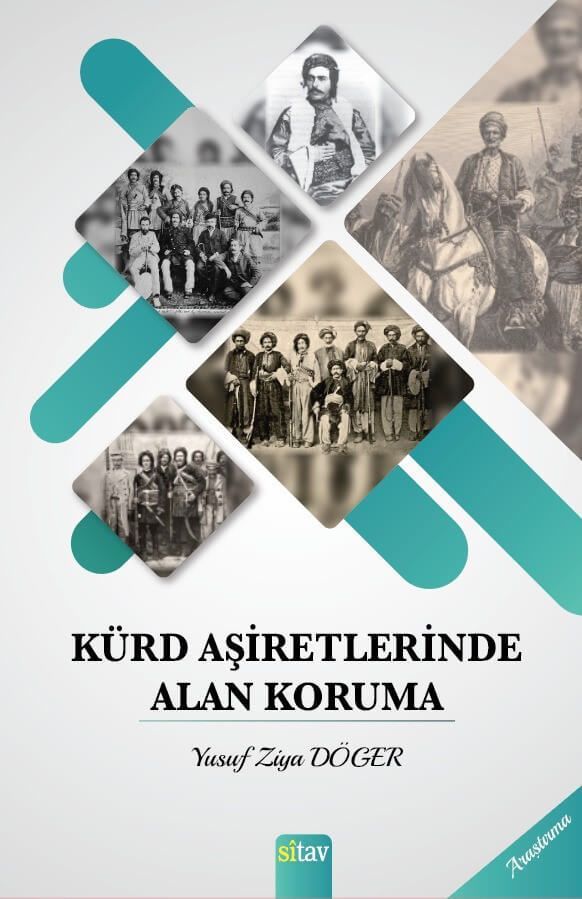
Kürd Aşiretlerinde Alan Koruma
This work of the author largely answers one of the most important questions that has occupied our minds for years. How can the Kurds, an ancient and autochthonous people of the lands where today's civilization emerged, manage to be an honorable member of the world's family of nations with equal rights today, despite their affinity and aptitude for production, their warlike and resistant nature against foreign invaders and plundering tribes, and their strong cultural values? failed.
The author, who is well versed in the Kurdish social fabric, reinforces this dominance with his academic discipline and reveals many answers that we have had difficulty finding until now. This book makes serious contributions to our better understanding of the codes of the Kurdish society, which has been so devoted to its land throughout its long history, has always managed to stand against plunderers and invaders from outside, has remained loyal to its own homeland for thousands of years and has managed to live here.
This study also reveals to a great extent why the tribal structure failed to protect the area at the macro level, which it achieved at the micro level or on a larger scale by establishing federations and confederations, and why it could not become a state at the national level.
While the area where the tribe lived for many years became its own home, the structure attributed this long life span to the nobility of its roots and evaluated it as a sign of superiority against the "rootless" and barbarians coming from outside. The tribe's success in not abandoning its lands and areas even during periods of disproportionately strong attacks and occupations is also a remarkable phenomenon.
| Publisher | : | Sitav Publications |
| Number of pages | : | 206 |
| ISBN | : | 978-605-7920-58-4 |
| Dimensions | : | 13x21 |
| The heart | : | Turkish |


